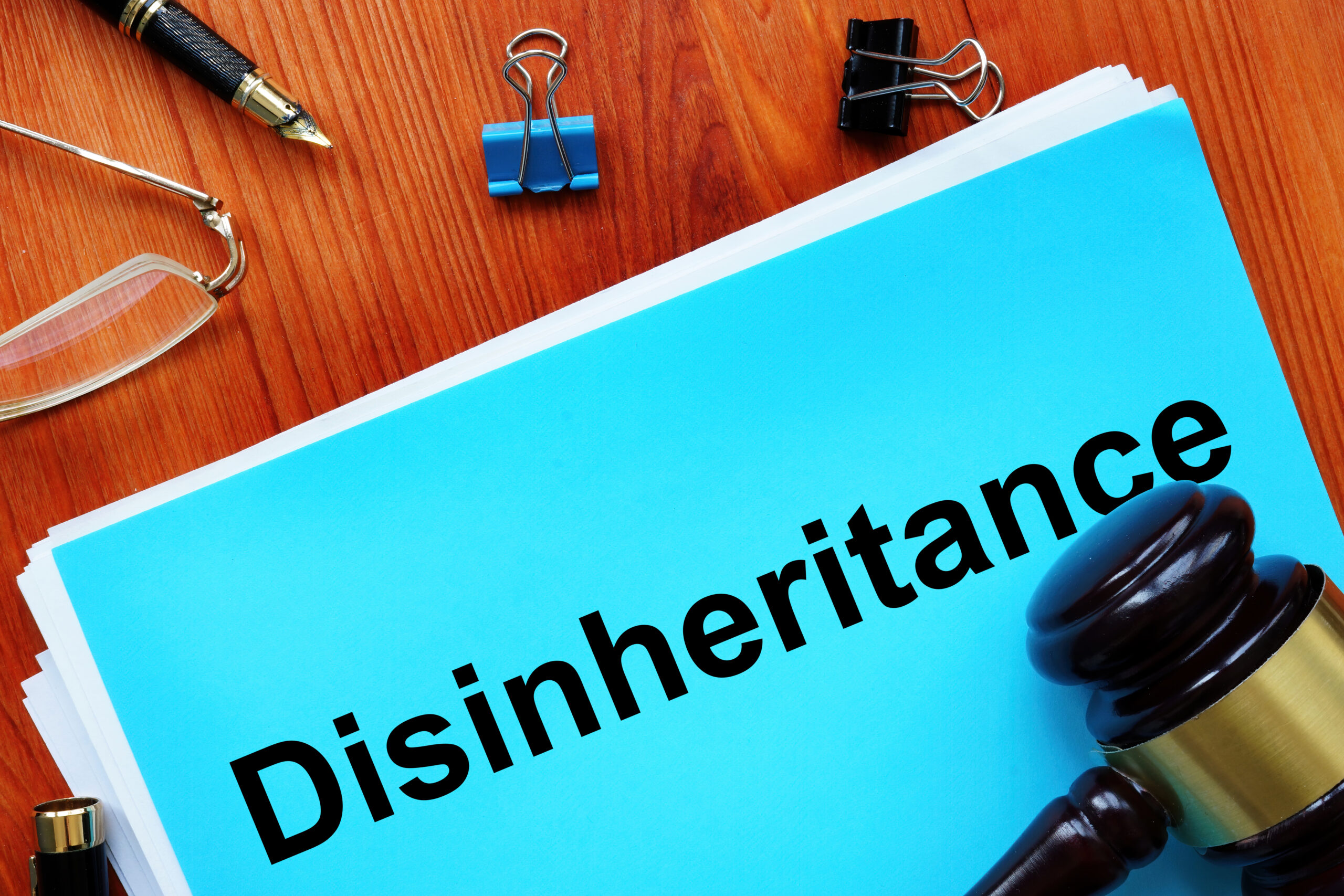As noted in our Estate Planning Basics article, avoiding probate is one of the most common reasons people initially seek estate planning services, but what is probate, and how exactly do we go about avoiding it? In this 2-part series, we will take a look at the Massachusetts probate process, and how to avoid it.
In this Part 1, we will provide an overview of what probate is, how to file, and when it is necessary to file.
What is Probate?
Probate is the legal process that occurs after a person dies (the “decedent”) either with or without a will. It is the process by which the decedent’s will, if one exists, is validated and authenticated. Once all the required documents are filed, the Probate Court will issue an order and Letters of Authority appointing a personal representative (typically and formerly known as the “executor”) of the estate, who is usually always the person named as such in the will. It also takes account and inventory of the decedent’s assets, is the process by which final bills and taxes are paid, and is how property and assets are distributed to the rightful heir or beneficiary, with or without Probate Court supervision.
Probating an Estate Without a Will in Massachusetts
If a person passes away without a will, they are deemed to have died intestate. For more information on Massachusetts intestate succession, check out our article Massachusetts Intestacy: What is it, and When is it Triggered?. For an intestate estate, the decedent’s surviving spouse, if there is one, is given priority of appointment as personal representative; otherwise the decedent’s heirs are given priority of appointment. Property is then distributed pursuant to the Massachusetts intestacy statute, which may not align with a person’s goals or wishes.
Timing
In Massachusetts, the general rule is that an estate must be probated within three (3) years after death. If a probate is not filed within this 3-year window, a late and limited formal probate option may be available. The three year deadline does not apply to:
- A Voluntary Administration (see below);
- Determining heirs, and
- An ancillary probate proceeding (a secondary probate proceeding that most commonly occurs when a probate is filed in a decedent’s home state, but the decedent owns property in Massachusetts)
Generally, probate in Massachusetts will take at least one (1) year to complete due to a one-year statutory creditor period.
In Massachusetts, there are 4 types of probate options:
1. Formal Probate
Formal probate matters are typically heard by a judge and may involve one or more court hearings. You might need to file a formal probate for several reasons, including:
- To object to an informal probate;
- If the will is a copy or has handwritten words added or crossed out;
- The terms of the will aren’t clear;
- You need supervised administration
- This means that the court would have to approve everything the personal representative wants to do before it is done;
- Supervised administration extends until someone enters an order that approves distribution of the estate and discharges the personal representative or until another order ends the proceeding;
- The court needs to appoint a Special Personal Representative;
- Incapacitated persons or minor heirs or devisees need to be represented;
- The personal representative doesn’t have priority for appointment;
- The petitioner is a creditor or public administrator;
- Informal probate isn’t available; or
- A judge must sign an order or final decree for any reason.
Formal probate may be a better option if an estate contains real estate that will be sold. It may be possible to file informally, and then close formally.
2. Informal Probate
Informal probate is generally handled by a magistrate rather than a judge, and there are no required hearings. This procedure is reserved for estates in which all the heirs and devisees agree to the distribution of the decedent’s estate. If there is disagreement, a formal probate will likely be required.
Informal probate is only available if:
- You have the original will;
- You have the official death certificate;
- You know the location and identity of all heirs and devisees;
- The person who will be appointed personal representative has priority for appointment;
- Any spouse, heir, or devisee that is incapacitated or a minor is represented by a conservator, or a guardian who isn’t the person filing for probate;
- The court hasn’t required supervised administration; and
- You don’t need a judge to sign an order or final decree for any reason.
3. Voluntary Administration
Voluntary Administration is a simplified process for an estate with few assets and no real estate. It is available whether or not the decedent left a will. To be eligible for voluntary administration:
- The decedent must have been a Massachusetts resident;
- The decedent must have left an estate that consists entirely of personal property valued at $25,000 or less (excluding the value of one car);
- 30 days or more have passed since the decedent’s death;
- The petitioner must be an interested person, but doesn’t need to be a resident of Massachusetts.
- For voluntary administration, a creditor is not considered an interested person.
- If an interested person is a minor, the minor’s parents cannot file on behalf of the minor without court authority to do so.
- If the decedent was receiving services from the Department of Mental Health (DMH), the Department of Developmental Services (DDS) or the Division of Medical Assistance (DMA) when they died, the petitioner can be any person designated to act as a Voluntary Personal Representative (VPR) of the estate of the person by DMH, DDS or DMA; and
- Another probate proceeding can’t be pending
A VPR’s authority is limited and doesn’t lead to an official court appointment.
4. Late and Limited Probate
Late and Limited Formal Probate can be filed for several reasons, including:
- The decedent died on or after March 31, 2012; AND
- No original estate proceeding has happened within 3 years of the death; AND
- You only need a formal proceeding to confirm ownership of probate assets.
The court may accept a late and limited formal probate petition to:
- Enter the decedent’s will to formal probate and find out who the heirs and devisees are;
- Find out if the decedent died without a will and who the heirs are;
- Appoint a personal representative to administer the estate, including a person designated as a public administrator, in a supervised or unsupervised administration, and
- Appoint a special personal representative until a personal representative is appointed in the formal proceeding.
A late and limited appointed personal representative cannot get a license to sell the decedent’s real estate. The personal representative can only confirm ownership of probate assets in the successors/beneficiaries, and pay administration expenses.
How to file a Probate in Massachusetts:
Once we review the details of a probate estate, and determine which type of probate option is best, we then gather the required documents, fill out the necessary probate forms, and file them in the appropriate Probate and Family Court. These documents and forms could include:
- Probate petition;
- Will (if one exists);
- Original death certificate;
- Surviving Spouse form;
- Devisee form (if a will exists and is filed);
- Heirs list;
- Notice to heirs/devisees (MAY require newspaper publication);
- Notice to the Massachusetts Department of Medical Assistance, and/or other government agencies, and
- Certain waivers, if applicable.
Depending upon the specifics of an estate/family, additional/alternative forms may be required to be filed.
Once the documents have been filed, and the Probate Court has issued an Order and Letters of Authority appointing a personal representative, estate administration and distribution of assets can generally begin subject to potential court supervision.
When is it Necessary to File?
Typically, you have to probate a decedent’s estate if you need to:
- Find out if the decedent’s will is valid;
- Change the title (ownership) of real estate or personal property, such as bank accounts, stocks, or bonds, that is only in the decedent’s name without any right of survivorship;
- Pay the decedent’s creditors;
- Get the decedent’s medical records, and
- File the decedent’s tax returns and pay taxes.
Be sure to check out Part 2 of our series on Massachusetts probate, where we discuss ways of removing assets from your probate estate to save your family the time and expense of going through the probate process!
For more information about probate, schedule a free consultation with Zuccaro Law, LLC today!
No information in this blog post is to be construed as, nor is intended to be, legal or tax advice. Consult with competent legal counsel and/or tax professionals prior to taking any action. Do not rely on any information contained in this blog post as the law changes from time-to-time and this blog post may not be updated to reflect those changes.
© Zuccaro Law, LLC. All Rights Reserved.






